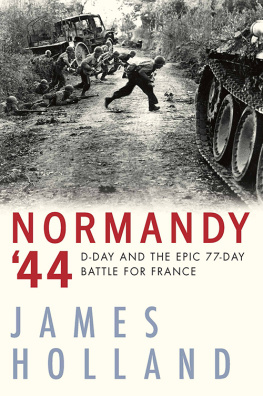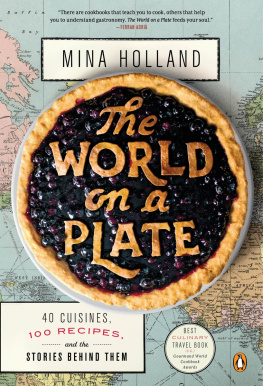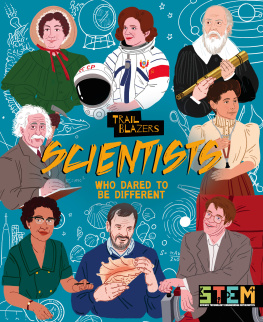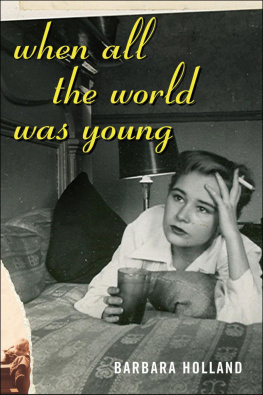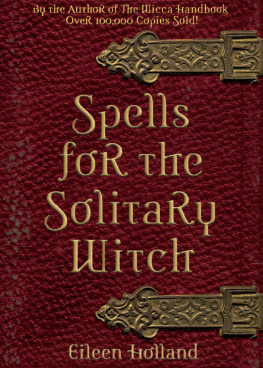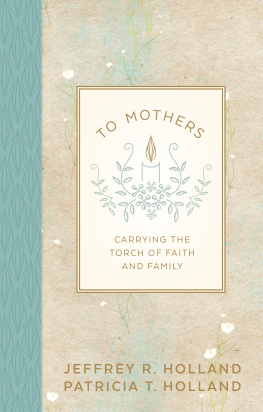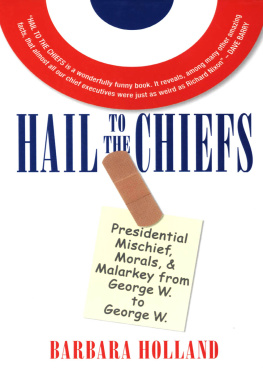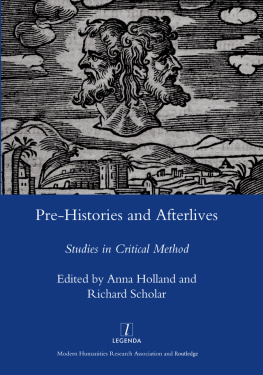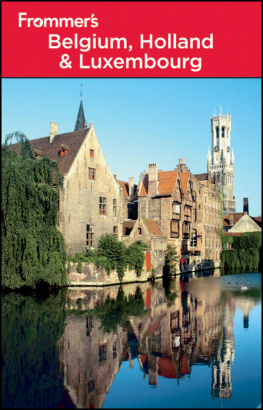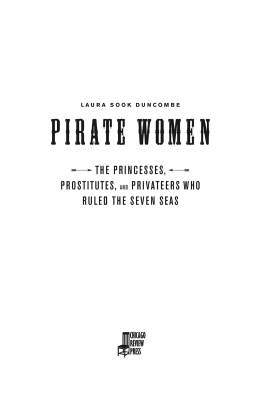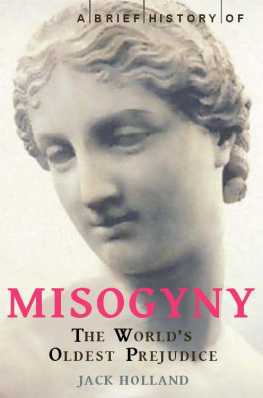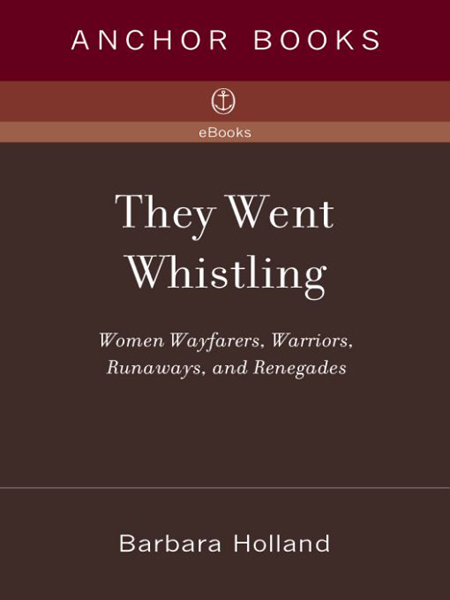
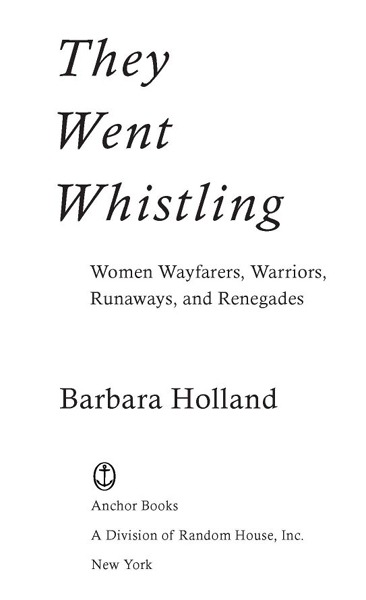
Table of Contents
To all women who take their own lives in theirhands and step over the edge.
A whistling woman and a crowing hen,
Both will come to no good end.
Old Proverb
I defined a womans duty, To look the world in the face with a go-to-hell look in the eyes; to have an idea; to speak and act in defiance of convention.
Margaret Sanger, 1914
One is a much less lighthearted traveler with a foal at foot.
Dervla Murphy, 1974
Introduction
Grace OMalley, as handy with a blunderbuss as she was at the helm, commanded her own successful fleet of pirate ships.
Daisy Bates lived for fifty years in the Australian desert with the Aborigines simply because they were more interesting than the husband and son shed left behind.
Gudrid Thorbjarnardottir led the third Viking voyage to America and camped out on its wild shores long enough to produce the first known European-American baby.
Dr. James Barry, a surgeon in the British army, after a dashing and distinguished career on several continents, retired to London with full honors, died, and was discovered to have been a woman all along.
Dian Fossey went to live alone among gorillas and took such fierce draconian measures against poachers that she was found with her skull split by a poachers knife.
Joan of Arc led the French to victory against the English and broke the back of the Hundred Years War. Margaretha Geertruida Zelle took up exotic dancing, called herself Mata Hari, and was executed as a spy by a French firing squad. Queen Jinga of Angola conquered the surrounding countries and snatched the slave business away from Portugal. Beautiful Charlotte Corday stabbed Marat to death in his bath because she thought he was bad for France. Alexandra David-Neel spent years journeying and studying Tibetan religion and language before she tackled the high mountain passes to get to Lhasa, the holy city shut tight against foreign women.
It can be done. It just doesnt happen often. Women arent supposed to take their lives in their hands, light out on their own, and have independent adventures. People fought long and hard for our right to hold jobs, even good jobs, the right to divorce our husbands, and the right to vote and even run for elective office, but we will never win the right to be Marco Polo or Don Quixote or Che Guevara or Lawrence of Arabia.
Of course, most men never kick over the traces and strike out on their own, either, unless you count starting a software company or investing in dubious stocks, but they feel that one of these days they just might. Most women know they wouldnt. Women stay where they belong and behave themselves, or misbehave in traditional feminine ways; adultery may be wicked but adventures are perverse. Unnatural. Women are Penelope, not Ulysses. The words say it: an adventurer is a man who goes forth on daring escapades; an adventuress is a woman who preys on rich men and other peoples husbands.
This is nobodys fault. Its the nature of our task in life. A woman with childrenand for most of history, normal life resulted in childrenis more or less forced to be a mother; being a father has always been optional. A man can do his duty by the future of the race in ten minutes, and then go forth to bound from oasis to oasis on a zebra, or explore Antarctica or the moon, or conquer the known world, or, having planted his youthful seed, retreat to the desert and sit praying on a sharp rock for forty years. The seed, as every farmer knows, is step one, and essential, but the following steps take more time and attention. If things are to keep going into the future, a woman must not only carry and bear the children, but see them fed and doctored and clothed and civilized, preferably in the cradle of a stable society where shes dug out a respectable place for them.
Women swept off on adventures by their menfolk, like the settlers of the American West, went anxiously and, as soon as they got down from the wagons, made the men build a church and a school for socializing the young. Women worked together to make a settled world where their children could find responsible mates, and produce their own children and raise them, and the genetic material survive and civilization as we know it totter on.
The motherhood business drags on into a second generation: What use to have raised this one if no one wants to breed with it? Only rich and powerful mothers can be peculiar. Cleopatra was far from respectable and probably murdered one or both of her little brother-husbands, but who would object to marrying one of her four illegitimate children by Julius Caesar and Mark Antony? She was the queen. Im told I had a spinster great-aunt, long ago in Cuba, who lived alone on an immense walled plantation and raised what were called at the time great apes. Naturally there were salacious rumors about her relationship with her charges, but she was so rich it didnt matter. If shed had children, whatever their paternity, she could have bought them mates.
Ordinary women must strive for acceptability, have a place to live, see that the lawn is mowed, and keep in touch with a circle of friends. Womens lives simply bend that way. Women invented the house. Without women, men would still be sleeping under a rocky outcrop and wandering away in the morning. Women needed a permanent roof under which to raise children and marry them off to the neighbors children. Today even women without the slightest interest in reproducing live as if, any minute now, they might find themselves with a houseful of infant dependents. They buy furniture and maintain social bonds and cooperate, weaving a nest-shaped world. As men identify with their cars, instruments of speed and change and distance, women identify with their houses, motionless and sheltering, and preen them like birds preening their feathers, and decorate them with bits of colored glass.
Browsing through literature, the reader can plainly see that each man is different from all other men, singular by reason of what he does, while women differ only in hair color, beauty, and chastity, and the less they do, the better. The youngest reader learns this basic lesson: the protagonist is male. Babar is a boy elephant, Stuart Little is a boy mouse, Peter is a boy rabbit, the Black Stallion is a stallion, and even The Little Engine That Could is a boy engine. Sometimes a female hovers wringing her hands in the background, like Kanga among Christopher Robins friends, but she doesnt get to do anything. Girls, even girl kittens or ponies, dont do things. In modern books theyre allowed to play team sports at school, but the stories lack the classic punch, and besides, unlike Peter Rabbit, these heroines follow directions. They may squabble with each other but they dont question authority. Even young heroines meant to be odd, wild, and creative, like Harriet the Spy and Anne of Green Gables, do what theyre told without losing their tempers or running away from home: good potential motherhood material.
Acceptable hero women should be driven not by dreams of glory but by a nurturing concern for others: the Virgin Mary, Florence Nightingale, Clara Barton, Harriet Tubman, Mother Teresamothering their way into history. In the index to Kenneth Clarks definitive Civilisation, based on the awe-inspiring television series on what weve done since the dawn of time, we find the names of 395 men and eleven women, including the Virgin Mary, several lesser saints, and Dorothy Wordsworth, the poets sister.
Next page




